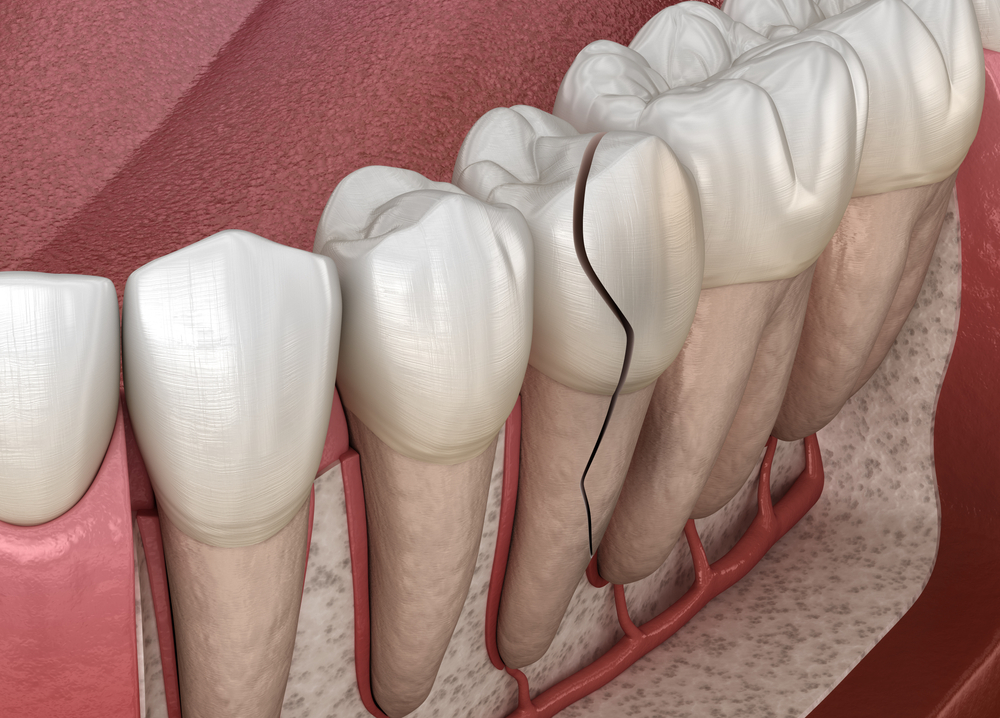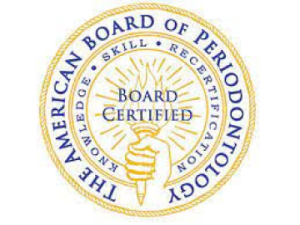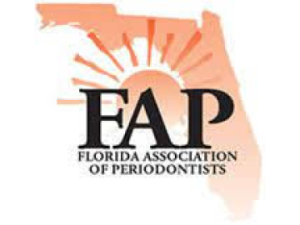Understanding Cracked Teeth and Their Severity
We all know that scary moment when we bite something hard and feel a sharp pain in our tooth. A cracked tooth can happen to anyone and often comes from dental trauma. It can be a minor issue or a real dental emergency.
It’s important to tell the difference between a small crack and a serious one. This can help you avoid severe pain and other problems later. A small crack might not hurt right away, but a deeper crack can reach the inner layers of your tooth. This can cause pain, sensitivity, and even infection. That’s why it’s important to know the types of cracked teeth and to get prompt treatment when needed. Also, remember that proper oral hygiene is key in preventing cracked teeth.
Types of Cracked Teeth and Their Symptoms
Not all cracked teeth are the same. Knowing the different types and what they cause can help you decide how urgent it is to see a dentist. Here’s a closer look:
- Craze lines: These are tiny, shallow cracks that only touch the outer enamel. They usually don’t hurt and don’t need treatment.
- Fractured cusp: This crack affects a cusp, which is the pointed part of your tooth. It often happens near a filling. It may not be very painful, but it might need a crown for extra protection.
- Split tooth: This type of crack goes through the whole tooth, splitting it into two parts. This needs quick dental help.
If you have any of these signs, especially a severe toothache, contact your dentist right away:
- Sharp pain when you bite or chew.
- Sensitivity to hot, cold, or sweet foods and drinks.
- Pain that goes away and comes back.
- Swelling around the tooth that hurts.
Remember, catching these issues early can help stop further problems and maintain your dental health.
Why Some Cracks Are More Serious Than Others
You might wonder why some cracked teeth are worse than others. The seriousness of a cracked tooth depends on how deep it is, where it is located, and the way the crack runs. The more your tooth’s inside structure is exposed, the easier it is for bacteria and infection to get in.
For example, deep cracks below the gum line can cause periodontal disease or infection in your gums and the bone supporting your tooth. This may require more complicated treatments, such as a root canal. A root canal removes the infected pulp and seals the tooth to stop further damage.
In severe cases where the crack cannot be fixed, a tooth extraction might be needed to stop the spread of infection. However, this is usually a last choice. Your dentist always looks to save your natural tooth if they can.
The Consequences of Ignoring a Cracked Tooth
Ignoring a cracked tooth is like ignoring a ticking time bomb in your mouth. What seems like a small issue at first can quickly become a serious dental emergency. This could need more expensive and extensive treatment.
If you delay treatment, you can cause further damage. Bacteria may get deeper into your tooth, leading to a painful infection called a dental abscess. Remember, it’s important to address the problem as soon as possible. This can help prevent complications and keep your oral health intact. Don’t wait until the pain is too much to handle. Seek immediate attention at the first sign of trouble.
How a Crack Can Worsen Over Time
A cracked tooth weakens like a crack in a windshield, making it prone to further damage. Pressure from chewing can enlarge the crack, allowing bacteria entry to cause a painful infection in the pulp. Without treatment, the infection may spread to nearby tissues, potentially leading to a dental abscess. Root canal therapy can save the tooth by removing infected pulp, disinfecting, and sealing it to prevent further bacterial infiltration.
Risks of Infection, Tooth Loss, and Nerve Damage
Ignoring a cracked tooth can harm your oral and overall health. Bacteria from an abscessed tooth can lead to a serious body infection, with symptoms like fever, facial swelling, and swollen lymph nodes. In severe cases, the infection can enter your bloodstream, causing sepsis—a critical condition requiring immediate hospitalization. Seeking emergency dental care promptly for severe pain or swelling is crucial to avoid complex treatments like root canals or tooth loss and prevent further complications.
Immediate Actions to Take for a Cracked Tooth
Having a cracked tooth can be frightening. Knowing what to do can help you feel better and improve your treatment. Even if you are unsure how serious the crack is, it is a good idea to call your dentist immediately.
While you wait for your appointment, you can take a few steps to help with pain and reduce the chance of further damage. These easy steps can bring some relief and help you feel more comfortable.
First Aid Measures Before Seeing a Dentist
Following these simple first aid steps can go a long way in managing discomfort and preventing further damage until you can get to your dentist:
| Action | How it Helps |
|---|---|
| Rinse your mouth | Use warm salt water to clean the area and reduce the risk of infection. |
| Cold Compress | Apply a cold compress to the outside of your cheek to minimize swelling. |
| Over-the-counter pain relievers | Take ibuprofen or acetaminophen as directed to manage pain. |
| Cover a sharp edge | If a sharp edge is causing irritation, cover it with sugarless gum or dental wax. |
| Soft Food Diet | Stick to soft foods and avoid chewing on the affected side of your mouth. |
Remember, these measures are temporary and don’t replace professional dental care. It’s crucial to see your dentist as soon as possible for a proper diagnosis and treatment plan.
When to Seek Emergency Dental Care
Knowing when to get emergency dental services is important for your health and peace of mind. If you have any of these symptoms, get help right away from an emergency dentist:
- Severe tooth pain that pills don’t relieve.
- Swelling that spreads to the face, neck, or lymph nodes.
- Fever or chills with tooth pain or swelling.
- Bleeding from your tooth or gums that doesn’t stop.
Keep in mind that an urgent care center might not have the right tools or skills to handle dental emergencies. It’s important to see a qualified emergency dentist who can give you fast and effective care for your needs. Do not wait; get the emergency treatment you need to ease pain, avoid complications, and protect your smile.
Schedule an Appointment
If you have a cracked tooth, don’t wait to take action. Schedule an appointment with Palm Beach Periodontics now to restore your smile.












